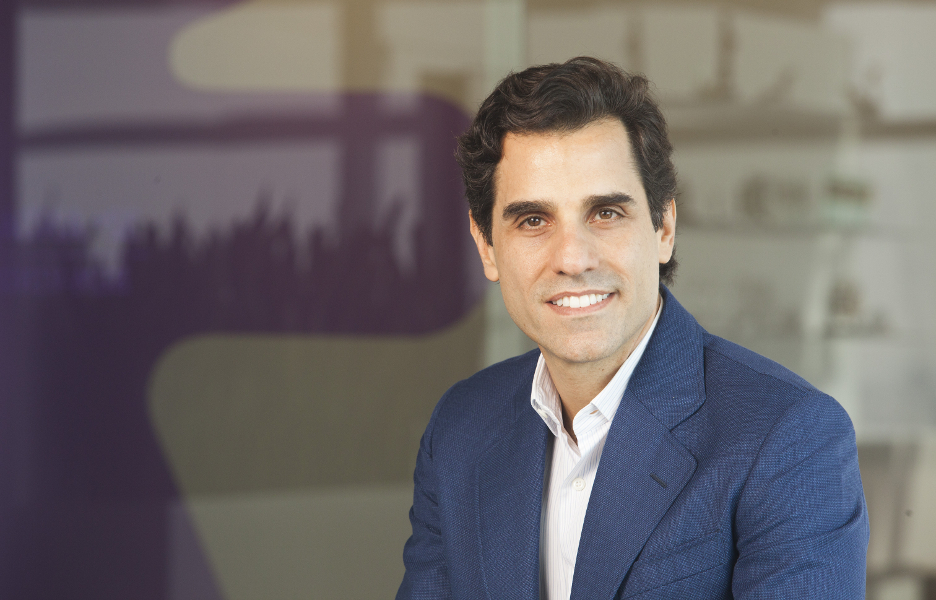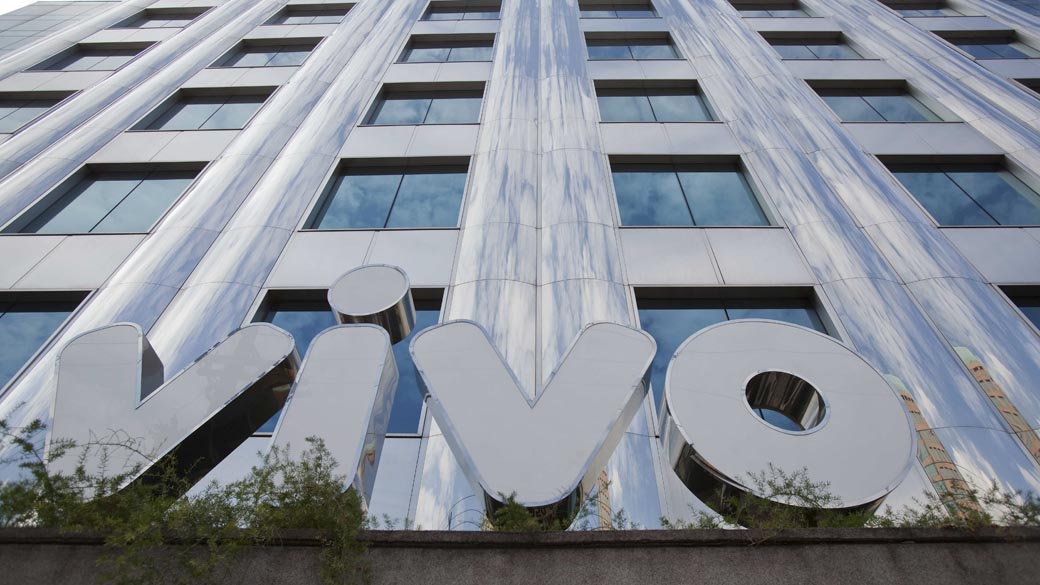RIO DE JANEIRO, BRAZIL – After the coronavirus crisis evidenced the increase in internet demand, Vivo is expanding its bets on building a fixed broadband network in Brazil. But the company’s investment strategy does not only involve selling connection or telecommunications packages.
In an interview with GLOBO newspaper, Christian Gebara, the company’s CEO, talks about the plan to offer financial services, distance education, and even computer structure and furniture to companies that want to keep their employees in home office status.

Vivo’s volume of prepaid services reached its highest level in the past eight years between July and September. What does this mean?
This trend occurred, but government aid boosted consumption, and telecommunications was a priority in this process. We believe that there is a possibility that Brazil will grow. Administrative and tax reforms are required. We are waiting for these reforms to take place to revitalize the economy. In the pandemic, we had record fiber sales. Therefore, it is necessary to build infrastructure that allows digitalization with the network expansion.
But how has the pandemic changed or hastened the company’s strategy?
Within this process of gradual economic reopening, we are rebounding with a different feature from other sectors where the need to have a good connection has become more evident. We have seen an accelerated recovery with the services associated to people’s digital life. Now, they have placed greater relevance on this. We have accelerated a few years within a few months. Certainly, some barriers were overcome because of the need to be connected. The companies that came back are investing on digitalization. We are offering computers, cloud services and in the future we will help them purchase furniture for their employees to work from home.
Vivo has just entered the personal credit line. What is the potential for this business in the face of the crisis?
We launched Vivo Money, a digital platform with financial services. In our customer base, many are unbanked, like prepaid customers. Loans are just the beginning. I can offer a digital wallet where clients can recharge their cell phones and buy other services. Based on this, we plan to create new financial services in partnership with banks, through a joint venture. At the moment, we are alone.
And what about the company’s efforts to adjust to PIX, which enters its testing phase this week?
We are working to enable the payment of Vivo’s bill through PIX. We are talking with banks to open this option. It is along the line of having a Vivo portfolio with financial services.
Is the company investing in the education sector?
We are also working on a model based on partnerships. We have already begun to discuss it with the large education groups. It is digital education at a distance. We are choosing in which niche we will operate. The plan is to combine the connection service with the education content.
So the era of selling only phones and internet is over?
Exactly. Now, with our marketplace, it’s even possible to buy connected refrigerators and TVs. The main goal is to create an ecosystem in which Vivo expands its performance, extending beyond telecoms and being a technology company. Last week, we launched a partnership with Dr. Consulta, through the Yalo subscription program. With this partnership, Vivo’s clients will be able to conduct face-to-face medical appointments, video consultations, and exams.

How are investments geared towards strengthening the infrastructure?
We made an offer jointly with Claro and TIM of R$16.5 billion to purchase Oi’s mobile operation. We are still in the process of creating a new company and looking for a partner to build a fiber optic infrastructure network. The goal is to rent the network capacity to other companies.
What will this new Vivo fiber company be like?
We have opened a process to seek partners. There were over ten companies interested in the first stage. Now, in the second stage, this number was reduced. They are Brazilian and foreign companies in the financial and infrastructure area. Until the end of the first quarter of 2021, we will have selected our partner and will start operating the company. The goal of this company is to reach over 24 million homes with fiber within four years.
When will the acquisition of part of Oi mobile operation be incorporated by Vivo? And how will the division of customers between Claro and TIM occur?
Oi is in a complex situation. The sale of this asset to the sector as a whole is the best news that could come out, because it will secure the resources and invest in fiber. Brazil needs fiber. We expect the auction of Oi’s mobile operation to take place in December. If we are victorious, we will start the regulatory approval. That’s when we will introduce the asset’s division specifications. The choice (in relation to the division of the clients geographic base) is not what one or the other wants. It is the choice that will provide greater competitive balance.
And Oi’s clients? What will happen to them?
We will manage to attend these clients, they will be absorbed if they want. They are mostly prepaid clients.
If Huawei is banned from supplying 5G network equipment in Brazil, what would be the impact for Vivo?
We are aware of regulatory and governmental definitions. In parallel, the group has been working on open run network models, in which the connection of equipment from several companies is allowed. There is a limitation with few network suppliers around the world. This open model will allow operators to expand the network. We currently have two pilot projects in Brazil.
Recently, Vivo was fined R$45.7 million by the Comptroller General’s Office (CGU) based on the Anti-Corruption Law, for offering tickets to World Cup 2014 matches to public officials. Will the company appeal?
We will not appeal. The fine was set at the minimum amount. The offer of World Cup tickets occurred in the context of marketing and promotion initiatives. For the CGU, it was considered incompatible with the law. But the lawsuit made clear that there was no damage to the public administration and no intended advantage was detected.
After the pandemic, what will be Vivo’s working model?
We already had two days of home office in the week. So the transition was easier. Now we have a voluntary return. For the future, we will coexist with this hybrid model, with some areas that can have five days a week in home office. Our offices are already being designed so that there is no fixed desk and people have common areas, with wellness initiatives.
Source: O Globo

